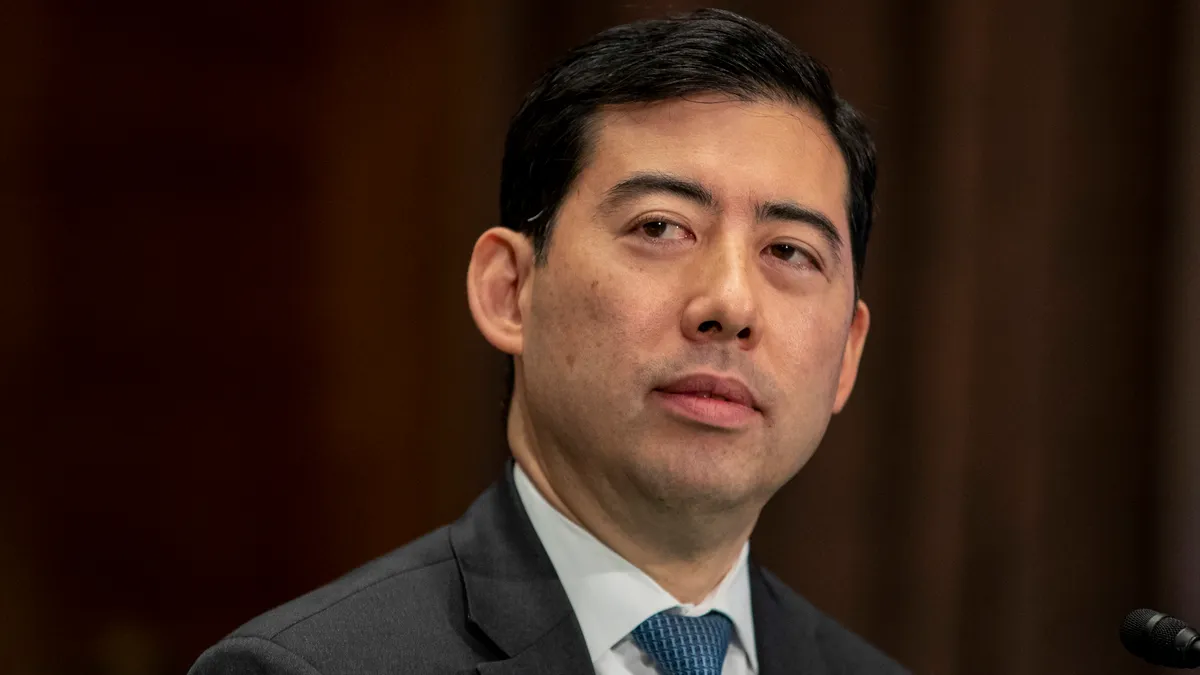Look for an increase in lawsuits in U.S. courts as foreign plaintiffs go after foreign defendants to recover foreign awards since the U.S. Supreme Court in June ruled arbitral awards can be property under the Racketeer Influenced and Corrupt Organizations Act and took an expansive, fact-dependent view of the extraterritoriality of RICO laws.
“We might suddenly see an uptick of lawsuits in U.S. courts where we see foreign arbitral award enforcement under the cover of civil RICO,” Armeen Mistry Shroff of Troutman Pepper said in a webcast hosted by the law firm last week.
In the Supreme Court case, Yegiazaryan v. Smagin, two Russian businessmen partnered on Moscow real estate investments. In 2009, Vitaly Smagin won an $84 million award against Ashot Yegiazaryan in the London Court of International Arbitration after it found Yegiazaryan had misappropriated money.
Smagin sued in federal court after Yegiazaryan moved to California to compel him to pay the award. After the court held him in contempt, Yegiazaryan created a web of companies and took other actions to hide his money from Smagin, who brought a RICO suit in 2020.
The district court, applying a bright-line test that some previous courts had used to determine if RICO applied to matters outside the United States, said extraterritoriality didn’t apply because Smagin didn’t suffer domestic injury. He’s a Russian whose intangible property — the arbitral award he’s owed — is located in Russia.
On appeal, the Ninth Circuit looked at the facts of the case instead of applying a bright-line test and said his injury — the alleged RICO violations — was in California.
The Supreme Court sided with the appeals court, saying the facts of the case make this a California matter.
Impact
By locating the violation in California even though neither party is American and the arbitral award was made in London, the Supreme Court has opened the door to more cases like this because RICO is attractive to plaintiffs, Shroff said. It allows triple damages and the recovery of attorneys’ fees.
Under RICO, she said, “Smagin can significantly increase the value of his arbitration victory. As we've seen in other areas, plaintiffs are often very eager to use RICO whenever possible to take advantage of these provisions.”
It’s also important that the Supreme Court determined that the arbitral award, confirmed by a U.S. federal court when it held Yegiazaryan in contempt, is considered intangible property under RICO, Callan Stein of Troutman Pepper said in the webcast.
“The Supreme Court has recognized for the first time that a United States judgment confirming a foreign arbitration award is property within the meaning of RICO,” he said. “Therefore, a plaintiff who can allege an injury to that foreign arbitral award can satisfy the damages requirement of the RICO statute, i.e. injury to one's business or property.”
That gives foreign parties an incentive to tap RICO if the defendant has assets in the U.S., like Yegiazaryan does.
It “gives claimants who are successful in international arbitration proceedings a powerful new weapon to enforce those awards against reluctant defendants with U.S.-based assets,” Stein said.
Another takeaway is the messiness lawyers are going to see in the courts in the years ahead as they try to figure out the kinds of facts that are important when determining if a case involving foreign parties has extraterritoriality.
Since the Supreme Court has ruled against the bright-line test, courts are likely to come to different conclusions about which facts are relevant and which ones aren’t in determining extraterritoriality — something Justice Samuel Alito in his dissent to the Yegiazaryan decision warned against.
“It really would not be surprising at all to see other federal courts try to place limitations and/or guardrails on the application of this decision,” Stein said.
“Smagin might have gotten his blessing,” Shroff said. “He's able to pursue his private RICO action. But remember that the defendant … is a California resident with assets in California. That context-based analysis … changes considerably if the defendant, for example, does not reside in California or did not even have assets in California. If these circumstances are changed even slightly, I think that may prove to be enough for other federal courts to distinguish such a case and not be bound by this Supreme Court precedent.”



















